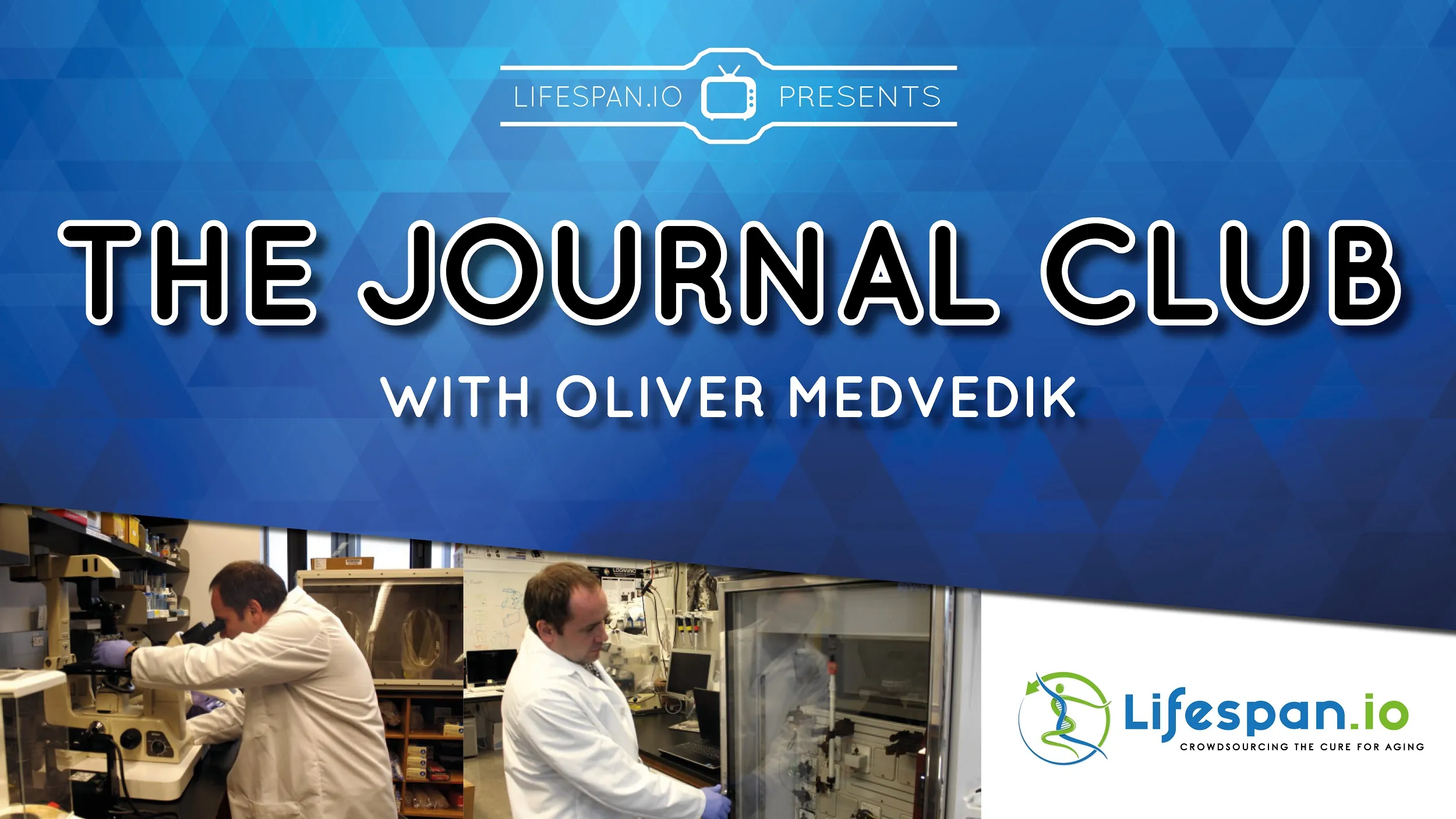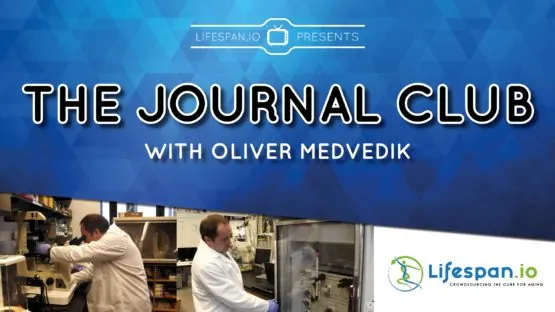Journal Club returns live on our Facebook channel on October 25th at 12:00 Eastern time. Dr. Oliver Medvedik will be taking a look at a recent study published in Nature Aging that has shown that short-term rapamycin treatment in early adulthood extends lifespan in flies and improves gut health in both flies and mice [1].
If you need to get up to speed, we have written a summary article about rapamycin and its potential benefits.
AbstractLiteratureThe licensed drug rapamycin has potential to be repurposed for geroprotection. A key challenge is to avoid adverse side effects from continuous dosing. Here we show that geroprotective effects of chronic rapamycin treatment can be obtained with a brief pulse of the drug in early adulthood in female Drosophila and mice. In Drosophila, a brief, early rapamycin treatment of adults extended lifespan and attenuated age-related decline in the intestine to the same degree as lifelong dosing. Lasting memory of earlier treatment was mediated by elevated autophagy in intestinal enterocytes, accompanied by increased levels of intestinal LManV and lysozyme. Brief elevation of autophagy in early adulthood itself induced a long-term increase in autophagy. In mice, a 3-month, early treatment also induced a memory effect, with maintenance similar to chronic treatment, of lysozyme distribution, Man2B1 level in intestinal crypts, Paneth cell architecture and gut barrier function, even 6 months after rapamycin was withdrawn.
[1] Juricic, P., Lu, YX., Leech, T. et al. Long-lasting geroprotection from brief rapamycin treatment in early adulthood by persistently increased intestinal autophagy. Nat Aging 2, 824–836 (2022). https://doi.org/10.1038/s43587-022-00278-w


